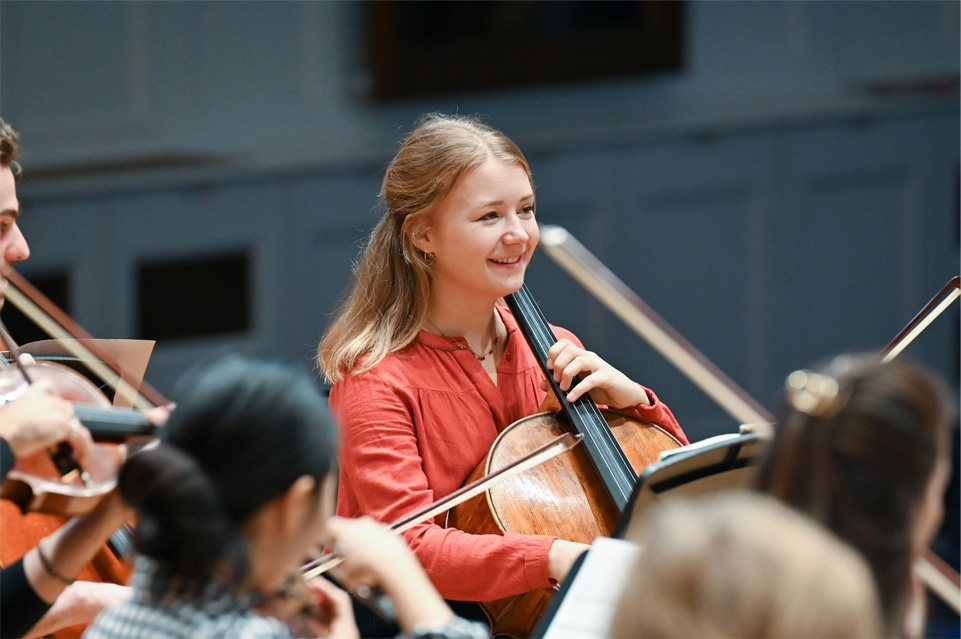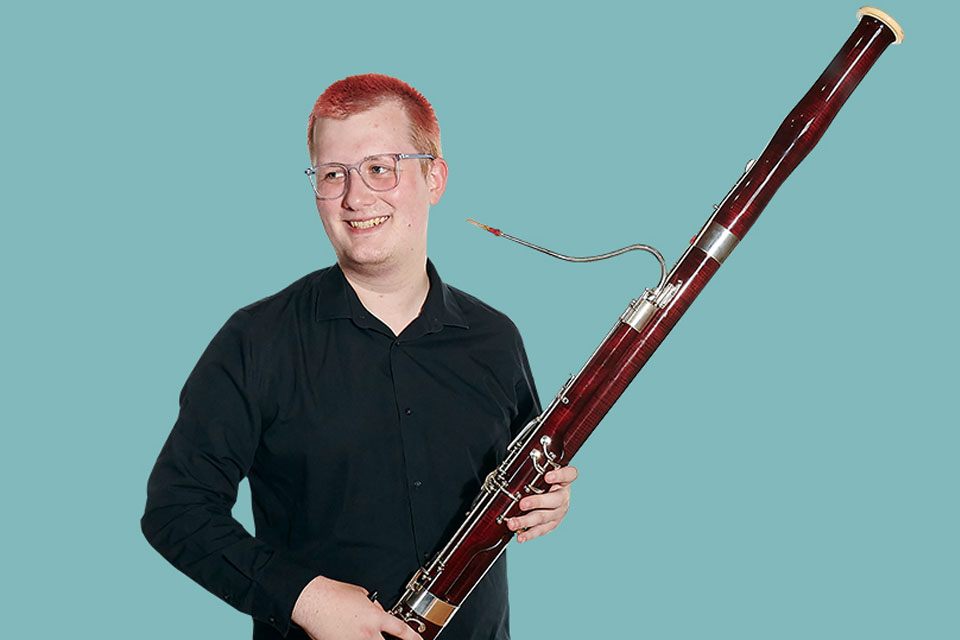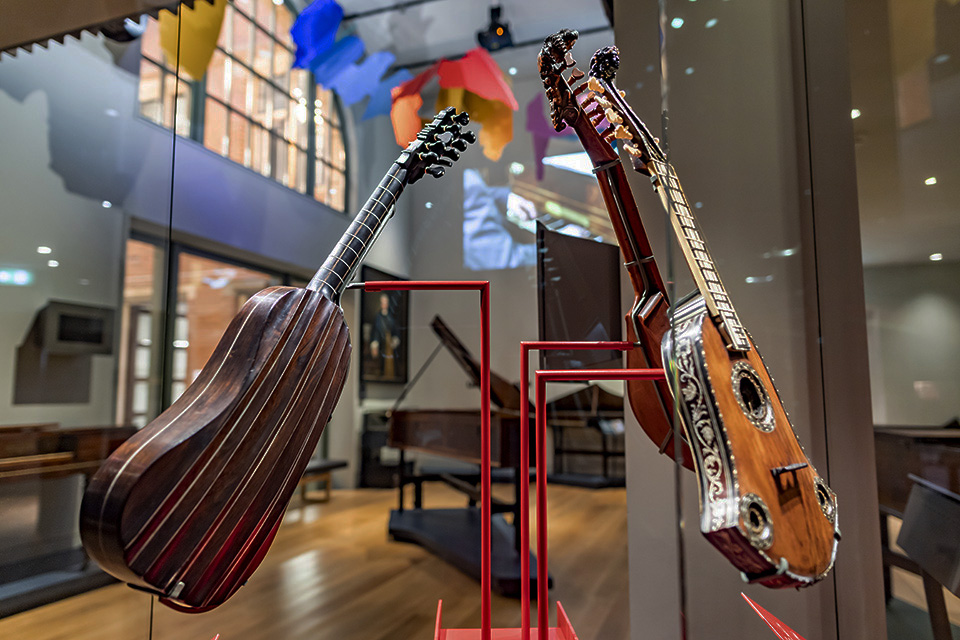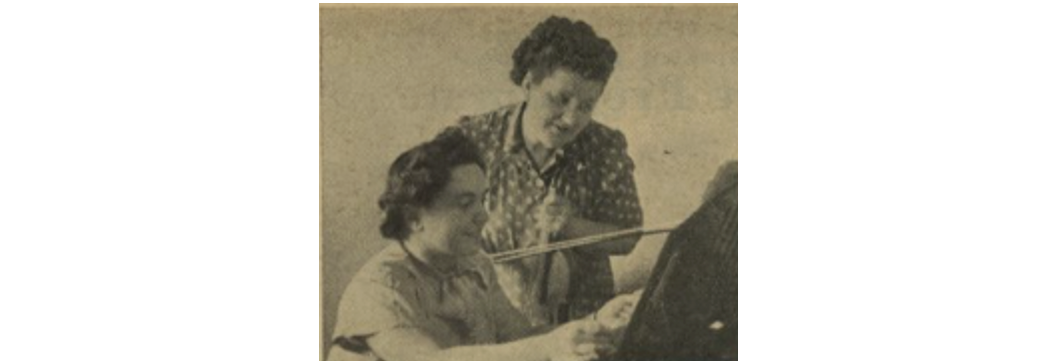Author: Sarah K. Whitfield
Líza Fuchsová was an important figure in British musical life. She was a concert pianist and a long-term duet partner for Paul Hamburger, a fellow musical migrant. She was born on 31 March 1913, in Brno, and died on 27 February 1977, in London. She had studied at Prague Conservatoire (Pražská konzervatoř) and performed with the Prague Philharmonic Orchestra. She had an extensive career after arriving in the UK in the late 1930s from Nazi occupied Europe.
She played extensively across BBC Radio channels, performing hundreds of times over a thirty-year period. Despite this, she is little remembered. She has only a minimal entry in The Concise Oxford Dictionary of Music and only appears in Grove Dictionary of Music and Musicians in Hamburger’s entry. The important work of music historian Jutta Raab Hansen has provided a starting point for researchers to discover more about Fuchsová’s work, not least because of her work as a kind of cultural ambassador—she spent so much time introducing and performing repertoire written by Czech composers.
Raab Hansen explains that Fuchsová was an important part of a group of other Czech migrant musicians who were active in Britain during World War II:
"She mainly performed Czech music and was one of the rare interpreters of Smetana. During the war she gave recitals which included Czech music in different places in Great Britain, managed by the concert agency Ibbs & Tillett. Later she performed with Austrian refugee Paul Hamburger as a piano duo and as a member of the Dumka Trio. The career of this very successful pianist lasted until her death."1
As Raab Hansen suggests, her performances were extensive. Fuchsová gave several important radio premieres including the first major broadcast of Works by Elisabeth Lutyens in November 1947. She also played Bohuslav Martinů’s Sinfonietta Giocosa in June 1950 on the BBC Home Service. On the BBC Third Programme (later BBC Radio Three), Fuchsová played in broadcast premieres of work by Swedish composer Lars-Erik Larsson (1908-1986) and British composer Humphrey Searle (1915-1982).
In 1950, Fuchsová married surgeon Ernst Kirz and they lived together in North London. From 1955-1975 she was Paul Hamburger’s duet partner. Their long partnership was prolific. They made broadcasts on BBC radio and played numerous concerts across the UK. She was also part of the Dumka Trio from c.1962 until her death—the group with violinist Suzanne Rosza and cellist Vivian Joseph. Together, they recorded most of Dvořák’s piano trios.
Through the Music, Migration and Mobility project, digital humanities-led research has expanded what we know about where and what Fuchsová played and what is possible to know about this migrant musician. This research has revealed an interview with Fuchsová and many other records of her remarkable performance career.












